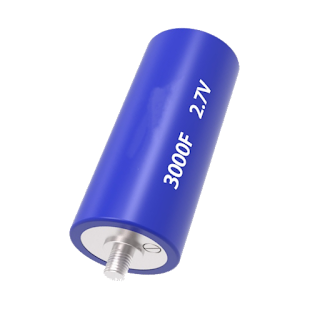Capacitors: Calculations & Simulations on Charging, Discharging Time & Voltage

Assume charging a completely discharged capacitor, under resistance, R with an applied potential, E having the capacitance, C. Potential across the capacitor is E c . At time, t = 0s or t o : E C < E; E C = 0 V. If it is fully charged then E C = E and t = t c . ‘E’ is the maximum potential attained by the capacitor. Time to reach maximum potential is: (t c – t o ). At any given time, ‘t’ on charging in between t o and t c the potential of the capacitor, E C is related to the maximum potential, E by the relation, where ‘t’ is the elapsed time during charging ‘R’ is the resistance in Ω ‘C’ is the capacitance in F. The product of R and C is called the time constant and is represented as, τ. So, τ = R × C. Unit for τ τ = R × C = Ω × {F} = Ω × {C × V –1 } C = Charge in Coulombs = A × s = Ω × {A × s × V –1 } = = Ω × ...
